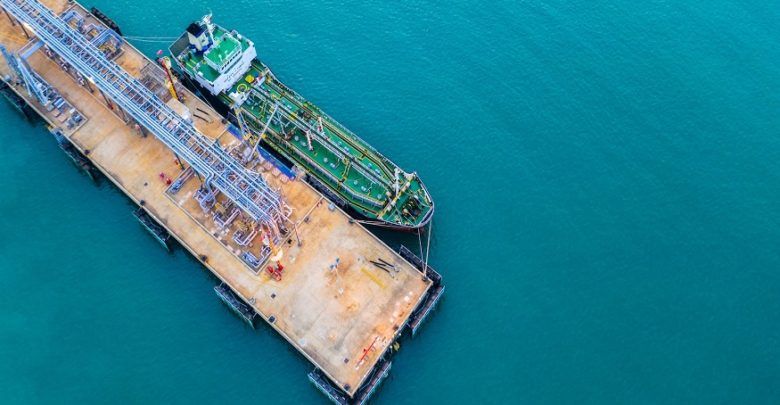Here’s all the basics you need to know about shipping Industry

The shipping industry sustains the globalized and domestic movement of passengers, product, arms and defence forces. It has evolved as the biggest contributor in international trade and commerce having an impact on 13.5 million jobs and USD 436.6 billion annually as per the World Shipping Industry portal in the last decade. Nations have been competing amongst themselves to master the basics of the shipping industry for becoming a world power. It provides nations with strategic business development opportunities to expand their geopolitical influences in world politics by developing dependence of other nations on their valuable production and consumption of foreign products. Directly or indirectly we all are dependent upon the shipping industry and often get curious to learn about the shipping industry basics. Consider visiting https://www.shiply.com/us/
Key Participants
A number of key players play a crucial role in the operation of the shipping industry for its sustenance. You should know them for a better understanding of the industrial functioning-
- Carriers- are the owners of the shipping vessels who provide for the movement of the freights from port to port. They serve directly to large enterprises and also via logistical partners to small and medium organizations.
- Freight Forwarder- Is an entity or a person who facilitates the movement of the freight or cargo from the seller to the transportation services i.e. the carrying vessels while looking after all the required services during the transition.
- Customs Broker- acts as a bridge between the sender/ receiver and the government agencies to look after the compliance with laws and taxations.
- Exporters- Are the seller of the goods which they ship in the form of cargo.
- Importers- Are the buyer or the receiver of the cargo exported by the seller.
Shipping Process Summed Up
Having a sound understanding of the shipping industry basics, the stakeholders discussed above are involved in the following processes for shipping a cargo-
- Export Haulage- The consignment is transported from the seller’s or the shipper’s warehouse to the freight forwarder’s site.
- Customs Clearance (Export)- The custom official inspects and checks for the clearances of the consignment as per the government’s compliances.
- Origin Handling- Freight forwarder or any of its appointed agents facilitate the movement of the consignment from the origin warehouse and its subsequent boarding on the ship while taking care of its documentations and safety during the transition.
- Ocean Freight- The vessel stowed with the cargo is ferried from the origin port to the destination port. The cost of the ocean freight is borne either by the shipper or the consignee.
- Customs Clearance (Export)- The custom officials check for the required documents, tax payable and clearances to allow for the consignment to proceed further.
- Destination handling- Involves the transfer of the consignment from the ship to port and subsequently to the destination’s warehouse via a forwarder.
- Import Haulage- This is the final transfer of the cargo to the consignee by the forwarder or its logistical partner.
Infrastructural Requirements
To make the shipping industry conducive for a sustainable business it requires a robust infrastructure in the following forms-
- Shipping Vessels- An extensive fleet of vessels of different shapes, sizes, of varying load-carrying capacity.
- Sea Ports- A widespread network of harbours and seaports built in compliance with the shipping industry basics for uninterrupted movement of goods throughout the year.
- GIS & ICT- Geographical Information System coupled with Information and communication technology to facilitate the safe movement of the captain’s ship in coordination with the Meteorological department across the route.
- Supporting the infrastructural network- railways, roads, hotels, shipping yards, incubation centres, human resources must be developed to enhance and develop the shipping industry.
As the shipping industry is the oldest one that has been catering to the civilizations since times immemorial each day adds a new chapter to its journey of development. It is a highly government-regulated and currency intensive industry.
Read more: How To Start Your Career As A Lineman
A passion for many, learning about the shipping industry basics is a meticulous process. Cogoport’s blogs helps satiate the curiosity of the keen minds through its focussed-knowledgeable content pieces on various topics related to the shipping industry.




